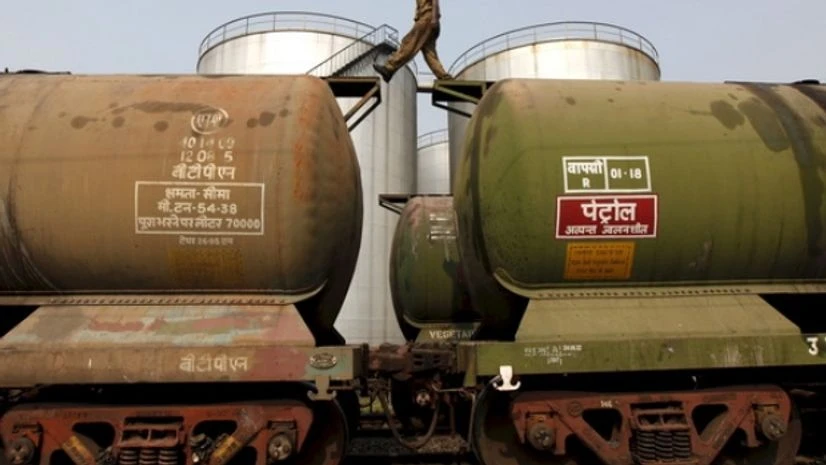Oil prices rose towards six-month highs on Thursday, supported by data from the International Energy Agency (IEA) showing tightening supply in addition to a surprise drop in US crude inventories.
Brent crude futures were trading at $47.87 per barrel at 1101 GMT, up 27 cents from their last settlement and near a six-month high of $48.50 hit at the end of April.
West Texas Intermediate (WTI) US crude futures were 35 cents higher at $46.58.
"We could see some additional momentum coming into the market if we take out the recent highs because that would automatically trigger buy signals around the world," said Ole Hansen, head of commodities research at Saxo Bank.
The IEA on Thursday raised its 2016 global oil demand growth forecast to 1.2 million barrels per day (bpd) from its April forecast of 1.16 million.
Also Read
It also noted that output from Nigeria, Libya and Venezuela is down 450,000 bpd from a year ago.
Analysts said the IEA data was helping to support prices, although the gradual return of Canadian oil sands output and the expectation that prices are nearing levels that could trigger the return of some US production might cap gains.
"The only thing that could throw a spanner in the works to prevent oil from rallying further would be the (US) production," Saxo's Hansen said.
Traders said an expected increase in Canadian oil sands output following disruptions to over 1 million barrels of daily production capacity due to a wildfire was weighing on markets.
The US Energy Information Administration (EIA) said on Wednesday that US crude inventories fell by 3.4 million barrels to 540 million barrels last week, surprising analysts who had expected an increase of 714,000 barrels.
"With (refinery) runs recovering and production dropping, US (crude) stocks should begin drawing steadily from now," consultancy Energy Aspects said on Thursday.
"We estimate that North American inventories can fall by as much as 12 million barrels across May and June," it said.
Kuwait's acting oil minister said that recent price rises were fundamentally justified.
"Based on the decrease in production that has been shown in the last three weeks, I assume fundamentally the price represents the fall of production," Kuwait's Anas al-Saleh told Reuters on Thursday.
He also said that the Organization of the Petroleum Exporting Countries (OPEC), of which Kuwait is a member, would not seek price supporting market intervention during its next scheduled meeting on June 2, and instead it would focus on dialogue between its members.
At an April meeting, rivals Saudi Arabia and Iran could not agree on deal terms, triggering criticism that the producers' cartel had lost its ability to act.

)
